Mandate
Le mandat du Comité de réflexion est d’aider l’ADHO à concevoir un plan honorant les neuf engagements pris lors de la Déclaration sur le mouvement Black Lives Matter, le racisme structurel et la violence systémique, tels que décrits précédemment au début de cet appel.
Ce rôle n’empêche pas de recruter des conseillers. Il sera possible d’embaucher des moniteur·trice·s étudiant·e·s en tant qu’assistant·e·s dans le cadre d’un projet ou d’une activité. Parmi les initiatives possibles, mentionnons l’élaboration d’un sondage auprès de la communauté des HN afin d’établir les priorités du Comité ou encore d’organiser des formations ou des ateliers auxquels participeraient des membres du Groupe de travail ainsi que du EB et du COB, afin de créer un cadre commun de référence et une plateforme pour de futures discussions. Puisque les structures en place font en sorte que le COB se trouve impliqué dans l’ensemble des projets, ce dernier souhaite ne pas trop intervenir et encourage le Comité de réflexion à établir dès maintenant ses propres paramètres et principes directionnels, en collaborant avec le Groupe de travail contre le racisme structurel de l’ADHO et en s’appuyant sur ce dernier autant qu’il le souhaite.
Le Comité de réflexion devra :
- Agir avec une certaine autonomie vis-à-vis du EB et du COB de l’ADHO; lesquels pourront fournir des renseignements, du soutien et un service-conseil à la demande du comité, sans toutefois diriger ses opérations;
- Faire appel à des personnes n’étant pas déjà membres de l’ADHO;
- Assigner les rôles et les responsabilités au sein du comité;
- Décider d’adopter ou non une nouvelle dénomination;
- Décider de son rayon d’action en tenant compte des limites apportées par l’ampleur des opérations de l’ADHO en tant qu’organisation internationale professionnelle regroupant des organisations professionnelles;
- Choisir ses modes d’engagement et de communication;
- Agir de manière transparente, en rendant des comptes de ses activités au Groupe de travail et à la communauté de l’ADHO tous les trois mois;
- Exercer ses activités pendant deux ans, à la suite de quoi le comité sera dissout ou restructuré et son mandat prolongé ou non.
Membres actuels de l’IITF
Le mandat initial de la task force sera de deux ans, après quoi, en tenant compte des recommandations de la task force, l’ADHO COB décidera de prolonger son mandat (si les membres de la task force le souhaitent) ou de prendre d’autres mesures, telles que la transformer en comité permanent ou la dissoudre.
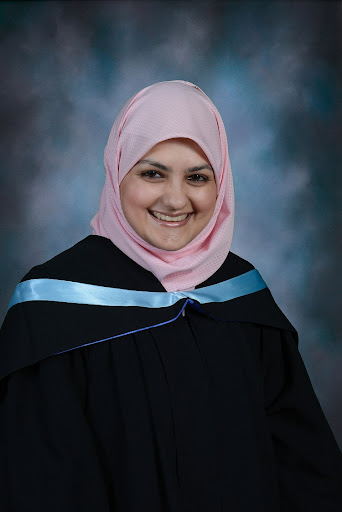
Fatima Ahmed
I’m a M.Ed candidate at Lakehead University, and a full-time grade 5&6 teacher in Kangirsuk (Quebec, Canada). I have grown up with the social justice movement and started engagement with digital humanities in 2017, when I attended the July 2021 DHSI hosted in Victoria, B.C. You can find a full CV at: https://teachercandidatemsahmed.weebly.com/cv.html

Barbara Bordalejo
I am a textual critic, editor, and digital humanist with a background in English literature. I currently work at the Humanities Innovation Lab at the Univesity of Lethbridge. Since 2014, I have worked on EDI initiatives in DH by carrying out research, writing articles, organizing conferences and workshops focusing on intersectional inclusion. I am the current chair of Global Outlook :: Digital Humanities.
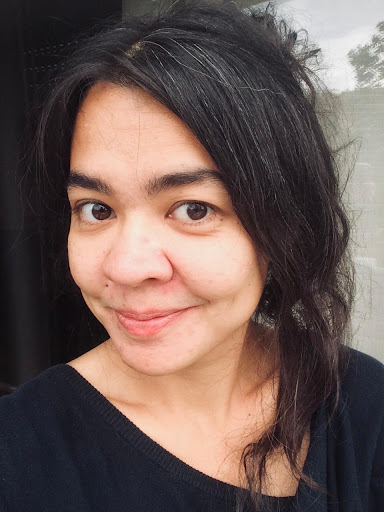
Alexandra Núñez (Alex)
I am a PhD student at Technische Universität Darmstadt (Germany) and part of Digital Humanities Darmstadt. I have been involved in DH projects (2014-2017) on automatic detection and classification of metaphors. From 2017 to 2019, I served as a reviewer for the ADHO Digital Humanities conferences. As to why I volunteered: Digital humanities are not an ivory tower. The more social reality is digitally mediated, the more likely it is that only certain (linguistic) narratives are represented inside and outside academia. It is time to collectively create a public awareness of the fact that, in addition to the discursively dominant calculated explicitness, fuzziness, ambiguity, and colorful diversity must also have their discursive place.

Dibyadyuti Roy (Dibya/দিব্য)
IITF Liaison to the Constituent Organizations Board
I am the current Vice-President and founding member of India’s first DH collective, the Digital Humanities Alliance for Research and Teaching Innovations (DHARTI). I lead numerous public outreach initiatives for DHARTI and have spearheaded India’s first DH Conference in 2018 (#DHAI2018), the inaugural DHARTI Twitter Conference (#DHARTITwitterConf) as well as the recently concluded #DHARTI2022 Conference on The Digital Divides: Discontents, Debates and Discussions. The goals of ADHO’s Intersectional Inclusion Task Force form the core of my own work: of deterritorializing DH beyond privileged subjectivities as well as the interconnected structural inequities of race, caste, class and gender. I have previously been a faculty member at the Indian Institute of Management (IIM) Indore as well as in India’s first Masters and PhD Program in DH at the Indian Institute of Technology (IIT) Jodhpur.
From May 2022 I will be joining the University of Leeds as a Lecturer in Cultural Studies, Media Studies and Digital Humanities.
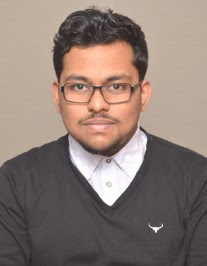
Samya Brata Roy (সাম্যব্রত)
I (he/him) am a PhD student in the Department of Humanities and Social Sciences at IIT Jodhpur and a HASTAC scholar (2021-23). My interests lie in and around Literary Studies, Digital Humanities, Remediation, Pedagogy and Promoting Access via Networks.
Other than this task force, my other roles include filling in as a Technical Advisory Member with Humanities Commons, an Executive Committee member with Digital Humanities Alliance for Research and Teaching Innovations, a transcriber with The Canterbury Tales Project, a Liaison with The Association for Computers and the Humanities and as a founding member of Electronic Literature India.

Ashley Sanders
I am Vice Chair of Digital Humanities at UCLA and former Chair of the ADHO Publications Committee (2016-2020). As a comparative colonial historian and digital humanist, my research engages in restoring data destroyed by colonization, as well as recovering and highlighting voices and stories of those marginalized in the past and present. My courses ask students to critically examine data and narratives for evidence of bias and to describe how power shapes both data and primary source creation/preservation and the stories told with them, and I am excited to serve on ADHO’s Intersectional Inclusion Task Force to examine and address obstacles that stand in the way of a more inclusive global DH community.
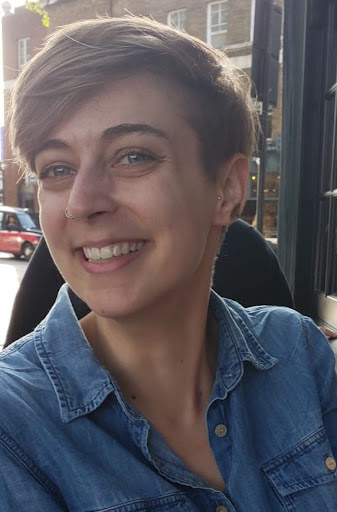
Kristen Schuster
I (they/them) joined the Department of Digital Humanities at King’s College London in 2016 after completing my doctoral work at the University of Missouri iSchool. I have two primary areas in my teaching and research: gender and identity narratives within the digital humanities and the interactions between data, metadata, and digital cultural heritage.
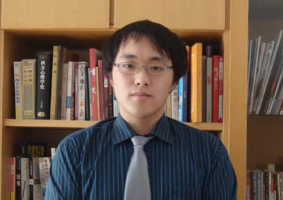
Shu Wan
Shu is currently a doctoral student in history at the University at Buffalo. He is passionate about digital humanities, pedagogy, and their potential in providing the more inclusive & interactive learning environment.
Ancien membre de l’IITF

Maurizio Lana (Spring 2022)
I teach Library and Information Science at Università del Piemonte Orientale (Italy). I have been involved in the field of digital humanities since 1989. My research interests in these last years are focused on information literacy and on the role of IA systems in the production of books. I volunteered for this group because if we as scholars have a critical stance on our subjects and draw conclusions about them, we also must have a critical stance on the functioning of our society and decide for appropriate actions.
Budget
Le Comité de réflexion aura un budget de fonctionnement de 7 000 euros.
Ces fonds pourront être utilisés dans le cadre des actions suivantes :
- Embaucher des conseillers·ières qui donneront des ateliers au Comité de réflexion, au Groupe de travail, au COB, au EB, ou à la communauté générale de l’ADHO;
- Embaucher des conseillers·ières ou des étudiant·e·s ayant l’expertise requise pour créer, mener et analyser des sondages ou des entrevues;
- Fournir du soutien à la préparation de rapports et de recommandations;
- Servir à d’autres objectifs établis lors de consultations avec le Groupe de travail.
- Le Groupe de travail approuvera l’affectation des fonds comme convenu par le Comité de réflexion.
- Les demandes de fonds supplémentaires devront être approuvées par le COB de l’ADHO et entreront dans le budget de 2023.
